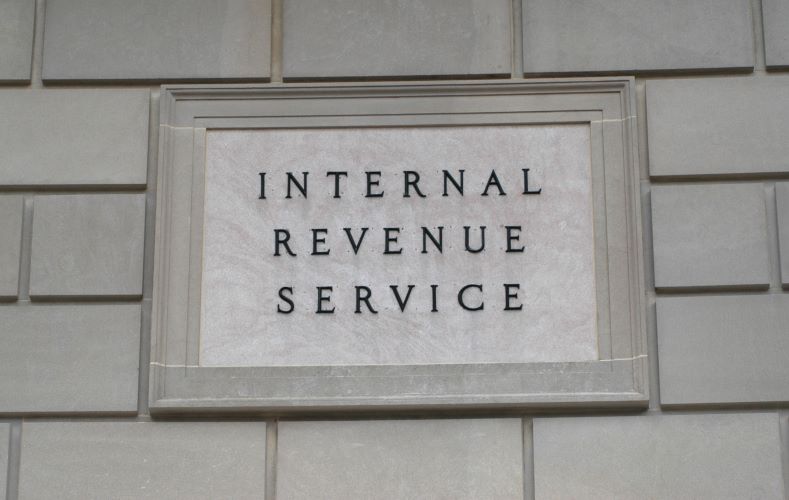In today’s business environment, the internet is a vital part of most business plans and a company needs, at the very least, to have a website. Furthermore, business models are increasingly involving “cloud computing” arrangements. Cloud computing is using remote servers instead of local servers and can take one of the following forms: “software as a service” (SaaS), “infrastructure as a service” (IaaS), or “platform as a service” (PaaS).
Software as a Service
SaaS arrangements are where a company allows customers to login to their website and use their software. Common examples of SaaS are QuickBooks online, Dropbox, and GoToMeeting.
Infrastructure as a Service
IaaS arrangements are where a company uses third party computer infrastructure to help with their cloud computing needs. Common examples of IaaS are Amazon Web Services, Google Compute Engine, and Cisco Metapod.
Platform as a Service
PaaS arrangements are cloud computing services that provide a platform allowing customers to develop, run, and manage applications over the internet. Common examples of PaaS are Google App Engine, Appear IQ, and Mendix.
Cloud Computing Sales Tax Issues
A common theme with all three cloud computing arrangements is that each state has different statutes, rules, and court rulings regarding the taxability of cloud computing transactions. In some states, there are differences in how a state imposes sales tax between the different arrangements.
In Illinois, sales tax is imposed on the transfer of personal property. But in the majority of cloud computing transactions, there is not a transfer of tangible property. Since there is not a transfer of tangible property, cloud computing arrangements may routinely not be subject to Illinois sales taxes. However, providing the same exact service, in the same exact manner may yield a different tax implication in other state.
As an example, below is how Illinois and Indiana currently impose sales tax on the three different cloud computing arrangements:
State by State Comparison: Software as a Service
Illinois (General Information Letter ST 17-0007-GIL) has said that they do not impose tax on software as a service delivered via a cloud-based system provided the transaction does not include a transfer of tangible personal property. On the other hand, Indiana (Tax Information Sales Tax Bulletin 8) has said that charges for access to prewritten software located on computer servers outside of the customer’s workplace are taxable because the customer gains constructive possession and the right to use, control, or direct the software’s use.
State by State Comparison: Infrastructure as a Service
Illinois has not adopted legislation or regulations nor have they released a General Information Letter that states their opinion as it relates to IaaS. Indiana (Tax Information Sales Tax Bulletin 8) has stated that a transaction for IaaS is not taxable if the customer is not purchasing, renting, or leasing the equipment.
State by State Comparison: Platform as a Service
Illinois has not adopted legislation or regulations specifically addressing the taxability of PaaS transactions. Indiana (Tax Information Sales Tax Bulletin 8) has stated that a transaction for PaaS is not taxable if the customer is not purchasing, renting, or leasing the equipment.
In the above example, Illinois and Indiana differ in their tax treatment of each cloud computing arrangement. In some cases, the states have yet to take a formal position, which makes the issues even more opaque to service providers. Also, both Illinois and Indiana treat SaaS different from Iaas or PaaS. Extrapolate this variability out over all 50 states and it can very quickly become burdensome and unclear as to the potential sales tax filing requirements in each state.
Nexus Issues
Most states require retailers that have business activities within the state to collect and remit sales tax. Out-of-state retailers that have nexus to a state may have a requirement to collect and remit sales tax as well. Having nexus to a state means to have a connection to the state. Under the US Constitution’s Due Process Clause, the company must have a minimum connection to a state in order for the state to require a business to collect and remit sales tax. The minimum connection historically has been defined as a physical presence in the state but states have begun attempts to expand and challenge what constitutes a “minimum connection” in light of ecommerce
For internet companies that utilize cloud computing, there are two concepts that states have created to impose nexus on companies without a physical presence in the state. The two concepts are “economic nexus” and “click-through nexus”. Economic nexus is where a state will determine that a state has nexus once they cross a sales threshold amount. For example, Maine has an economic nexus threshold of $100,000. Once a company, regardless of physical presence has sales of $100,000 to Maine residents, then the company is determined to have economic nexus with Maine and is required to collect and remit sales tax.
As with economic nexus, click-through nexus is a concept that can trigger nexus with a state without a physical presence in that state. Click-through nexus is an arrangement where a company has an agreement with an in-state company to pay commissions based on the sales generated through the in-state company’s website advertising of the out-of-state company. For example, Arkansas has a click-through nexus rule that states if a company generates $10,000 in sales in the previous 12-month period based on the click-through advertisements on the in-state company’s website, then the company must register to collect and remit sales tax.
Companies with sales arising through cloud computing arrangements can be liable for sales tax in a state in which they do not have a physical presence depending on the rules/statutes of the state. If the company is not collecting sales tax on these transactions, this could give rise to uncollected sales tax which is the liability of the seller. It’s important for a company whose business plan includes a cloud computing arrangement to stay out in front of their potential sales tax liabilities.
If you have questions about your potential sales tax nexus issues with a cloud computing arrangement or general sales tax questions, Selden Fox can help. For additional information contact us.



